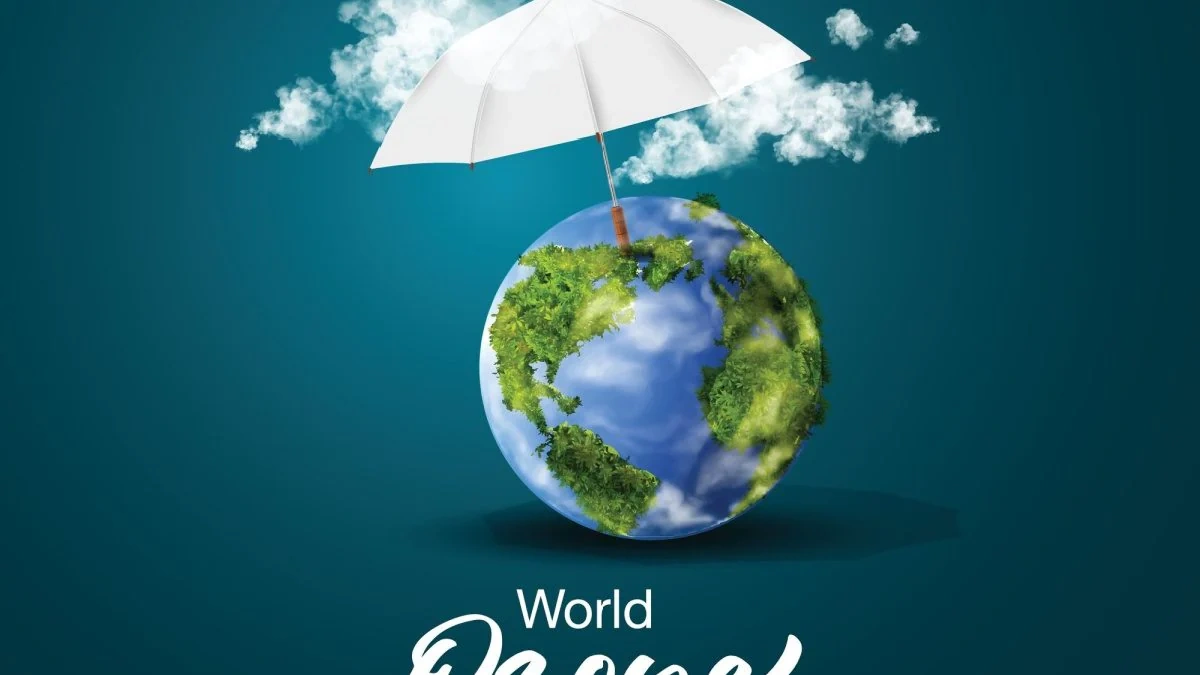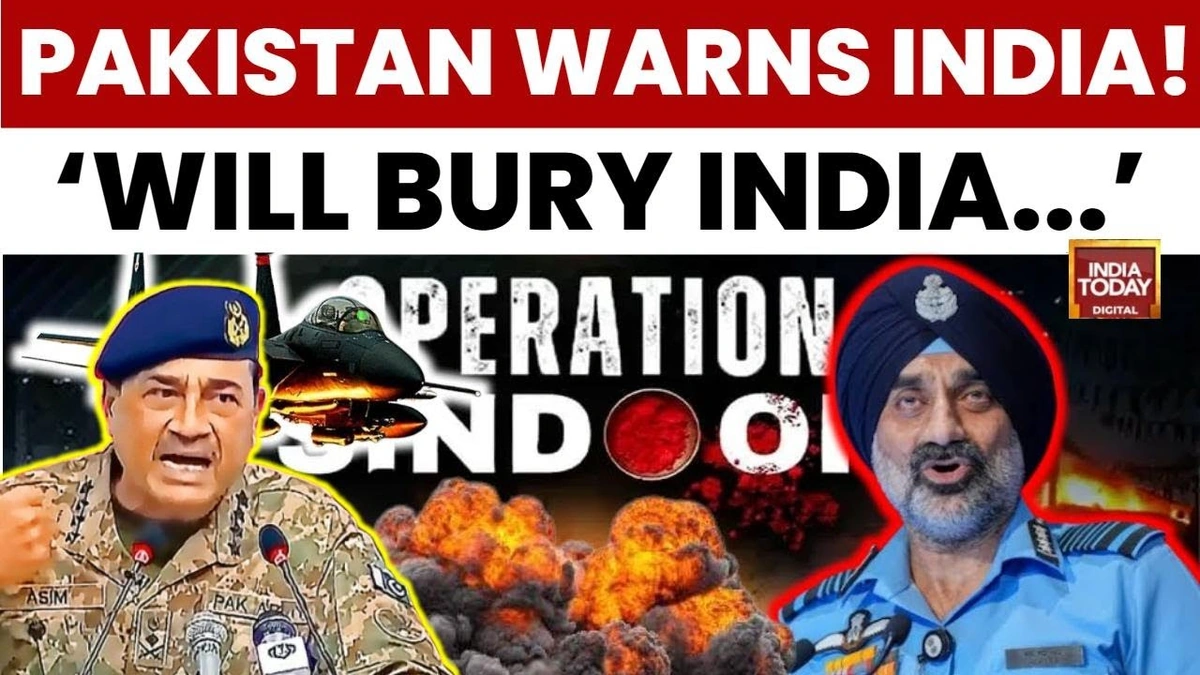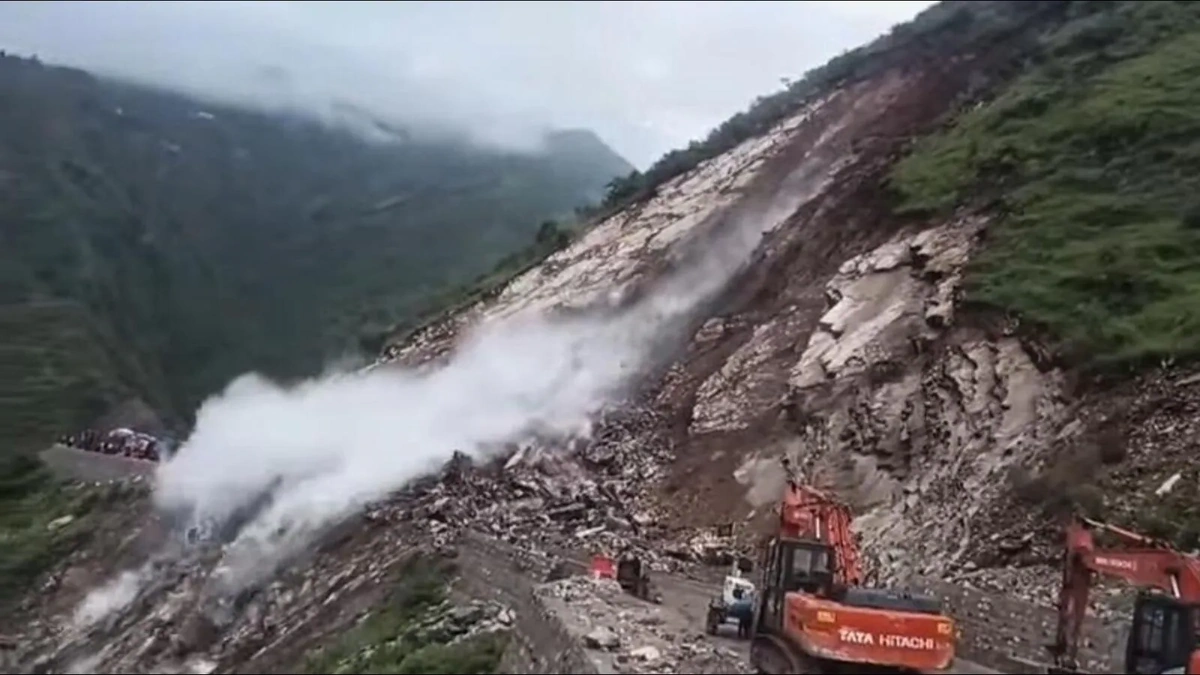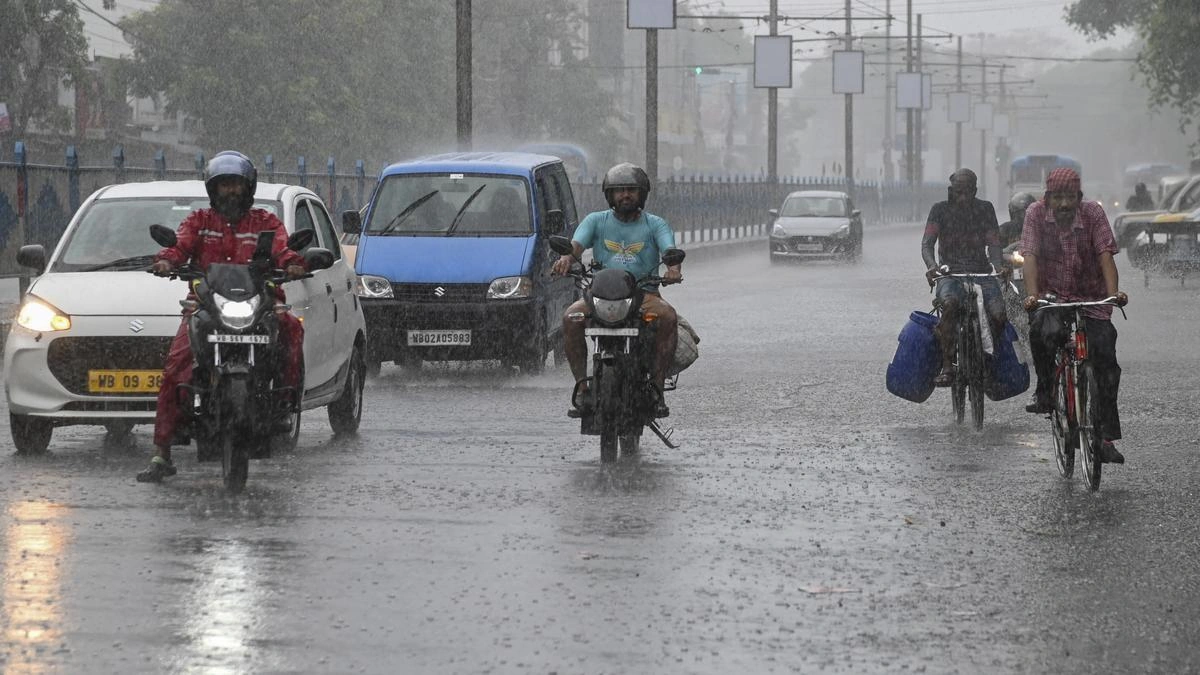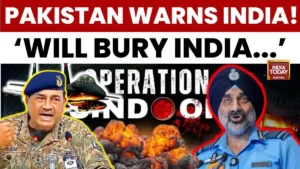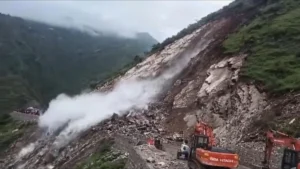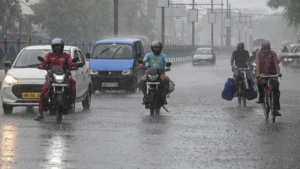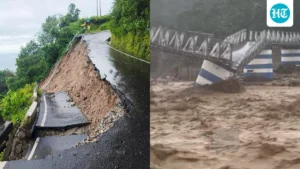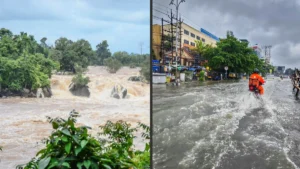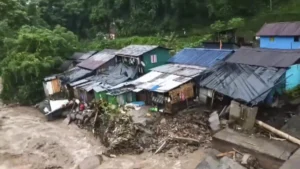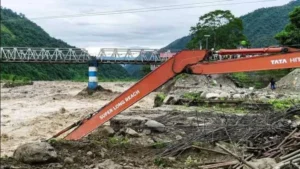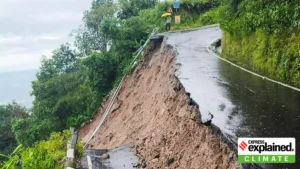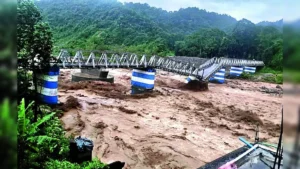Ozone Day | More Than Just a Date on the Calendar – Why It Matters to You
Ozone Day, observed every year on September 16th, might sound like just another one of those awareness days. But, here’s the thing: it’s actually a pretty big deal. We’re not just talking about some abstract environmental concept; we’re talking about the very air you breathe and the future of our planet, especially here in India where the effects of a depleted ozone layer could be particularly harsh. I initially thought, yeah, it’s about saving the ozone layer. But then I realized it’s far more personal than that.
Why Should You Care About the Ozone Layer? (It’s More Than Just Sunburn)
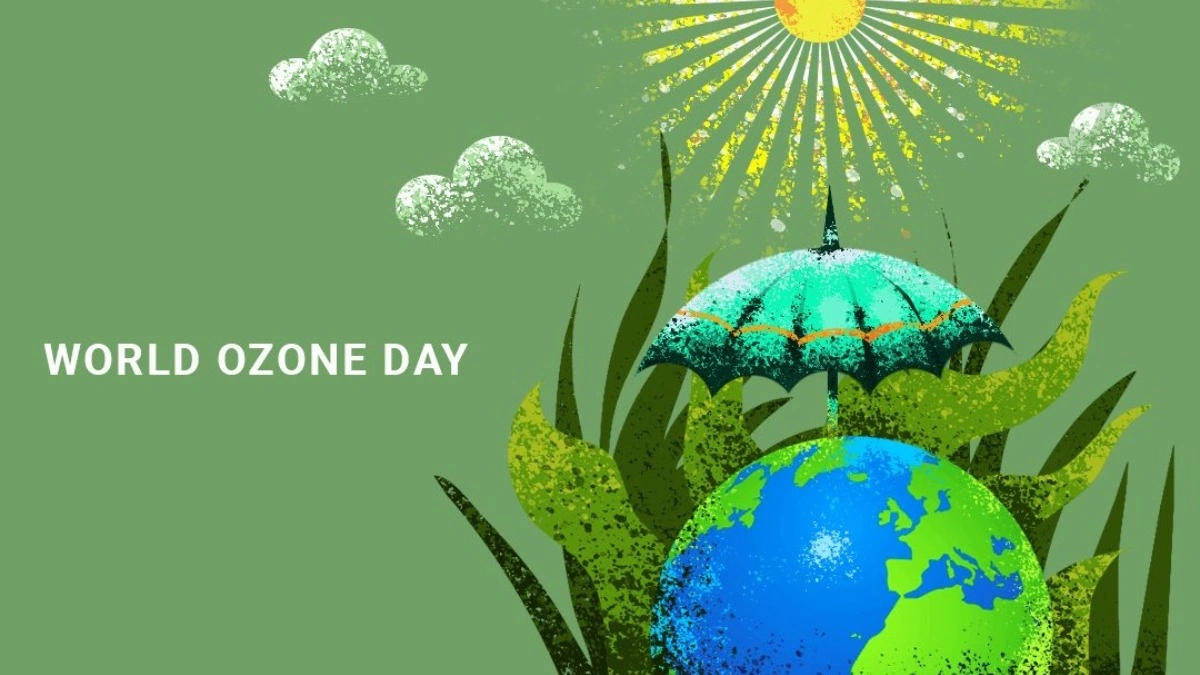
Let’s be honest, most of us don’t spend our days worrying about the ozone layer. We’re more concerned with traffic, rising prices, and whether or not our favorite chai wala is open. But consider this: the ozone layer is like Earth’s sunscreen. It shields us from harmful ultraviolet (UV) radiation from the sun. Without it, we’re talking increased risk of skin cancer, cataracts, and a weakened immune system. Think about how much time we spend outdoors, especially those of us in agriculture or construction. Exposure to excessive UV radiation isn’t just a minor inconvenience; it’s a serious health hazard. According to the World Meteorological Organization (WMO Official Website ), continued depletion of the ozone layer would lead to catastrophic consequences.
The Montreal Protocol | A Ray of Hope (and Why It’s Working)
So, what’s being done about it? Enter the Montreal Protocol. This international agreement, signed in 1987, is a landmark achievement in environmental cooperation. It committed countries to phasing out the production and consumption of ozone-depleting substances (ODS), such as chlorofluorocarbons (CFCs) used in refrigerants and aerosols. And guess what? It’s working! Scientists are seeing evidence that the ozone layer is slowly but surely recovering. But, and this is a big but, the fight isn’t over. We need to ensure continued compliance with the protocol and address emerging challenges like the illegal trade in ODS. What fascinates me is how well it has worked.
Ozone Depletion in India | What’s the Local Impact?
India, with its large population and agricultural economy, is particularly vulnerable to the effects of ozone depletion. Increased UV radiation can damage crops, reduce yields, and threaten food security. Moreover, higher temperatures and changing weather patterns exacerbate the situation. According to a study by the Indian Institute of Tropical Meteorology, changes in atmospheric circulation patterns are affecting ozone distribution over the Indian subcontinent. This means some regions are experiencing greater UV radiation exposure than others. It’s essential that we invest in research and monitoring to understand these regional variations and develop targeted adaptation strategies. Check out this other trending topic !
What Can You Do? (Yes, You Can Make a Difference)
Okay, so you’re probably thinking, “What can I, as one person, possibly do about the ozone layer?” The truth is, even small actions can add up to make a big difference. Here’s how:
- Be mindful of the products you buy. Choose those that are ozone-friendly and do not contain harmful chemicals.
- Support policies and initiatives that promote ozone layer protection.
- Educate yourself and others about the importance of ozone layer protection.
- Reduce your carbon footprint by using public transport, cycling, or walking whenever possible.
The one thing you absolutely must remember is to advocate for stronger environmental protections. A common mistake I see people make is thinking their individual actions don’t matter. But it’s like voting – every single action counts.
The Future of the Ozone Layer | Challenges and Opportunities
The ozone layer recovery is a long-term process. While we’ve made significant progress, challenges remain. Climate change, for instance, can affect ozone recovery. The interaction between ozone depletion and climate change is complex and not fully understood. Continued research and monitoring are crucial. But, let’s be honest, if we can band together to solve this major environmental problem, it’s a case study in how we can tackle other global crises. It’s essential to understand ozone layer recovery and its impact on our environment.
Moreover, there is the evolving issue of ozone depletion substances and managing their phase-out effectively. There are also concerns about ground level ozone, which contributes to air pollution. The montreal protocol provides guidelines for countries to follow, including India. Understanding the effects of ultraviolet radiation and the importance of the ozone layer are also crucial. Here’s another related article, you should check out !
FAQ
Frequently Asked Questions About Ozone Day
Why do we celebrate Ozone Day?
We celebrate Ozone Day to raise awareness about the importance of the ozone layer and the need to protect it.
What is the Montreal Protocol?
The Montreal Protocol is an international agreement to phase out ozone-depleting substances.
How can I protect the ozone layer?
You can protect the ozone layer by being mindful of the products you buy, supporting relevant policies, and reducing your carbon footprint.
Is the ozone layer recovering?
Yes, scientists are seeing evidence that the ozone layer is slowly recovering due to global actions under the Montreal Protocol.
What are the consequences of Ozone Depletion?
Consequences include increased risk of skin cancer, cataracts, weakened immune systems, and damage to ecosystems and agriculture.
So, this Ozone Day, let’s not just acknowledge the problem. Let’s actively become part of the solution. Because the air we breathe, the health of our planet, and the future of our children depend on it.
